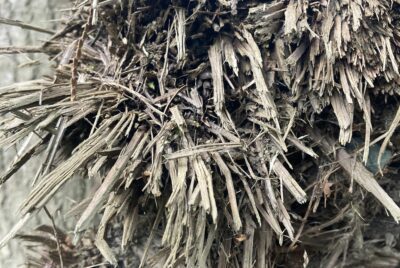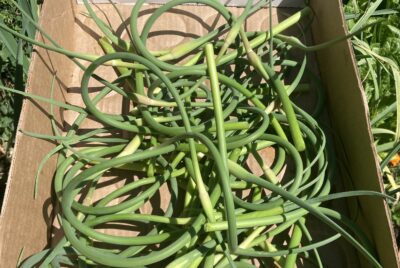RESEARCH
Gardening on a Psychiatric Inpatient Unit: Cultivating Recovery
Summary
The research examines the therapeutic benefits of gardening for psychiatric inpatients, linking it to Attention Restoration Theory and Psycho-physiological Stress Reduction Theory. Participants engaged in gardening activities such as plant care, soil preparation, and nature-based art, reporting reduced stress, improved mood, and a sense of purpose. Many found the experience calming, with some describing gardening as a symbolic reflection of personal growth and healing.
Socially, the study highlights gardening’s role in fostering community, reducing isolation, and promoting pro-social behaviors among patients. Participants valued the structured yet flexible nature of the activity, as well as the supportive presence of staff. The findings suggest that integrating therapeutic horticulture into psychiatric care can enhance emotional regulation, cognitive engagement, and recovery outcomes







